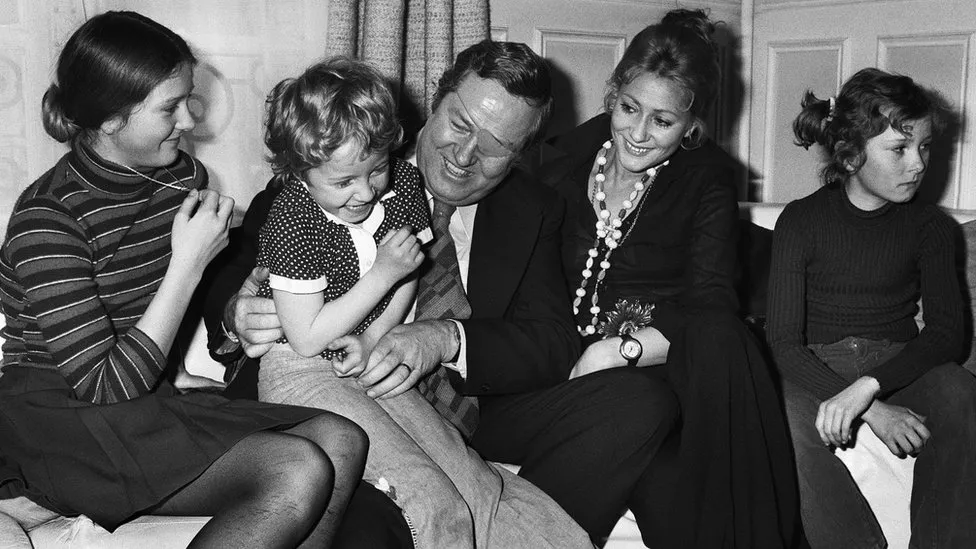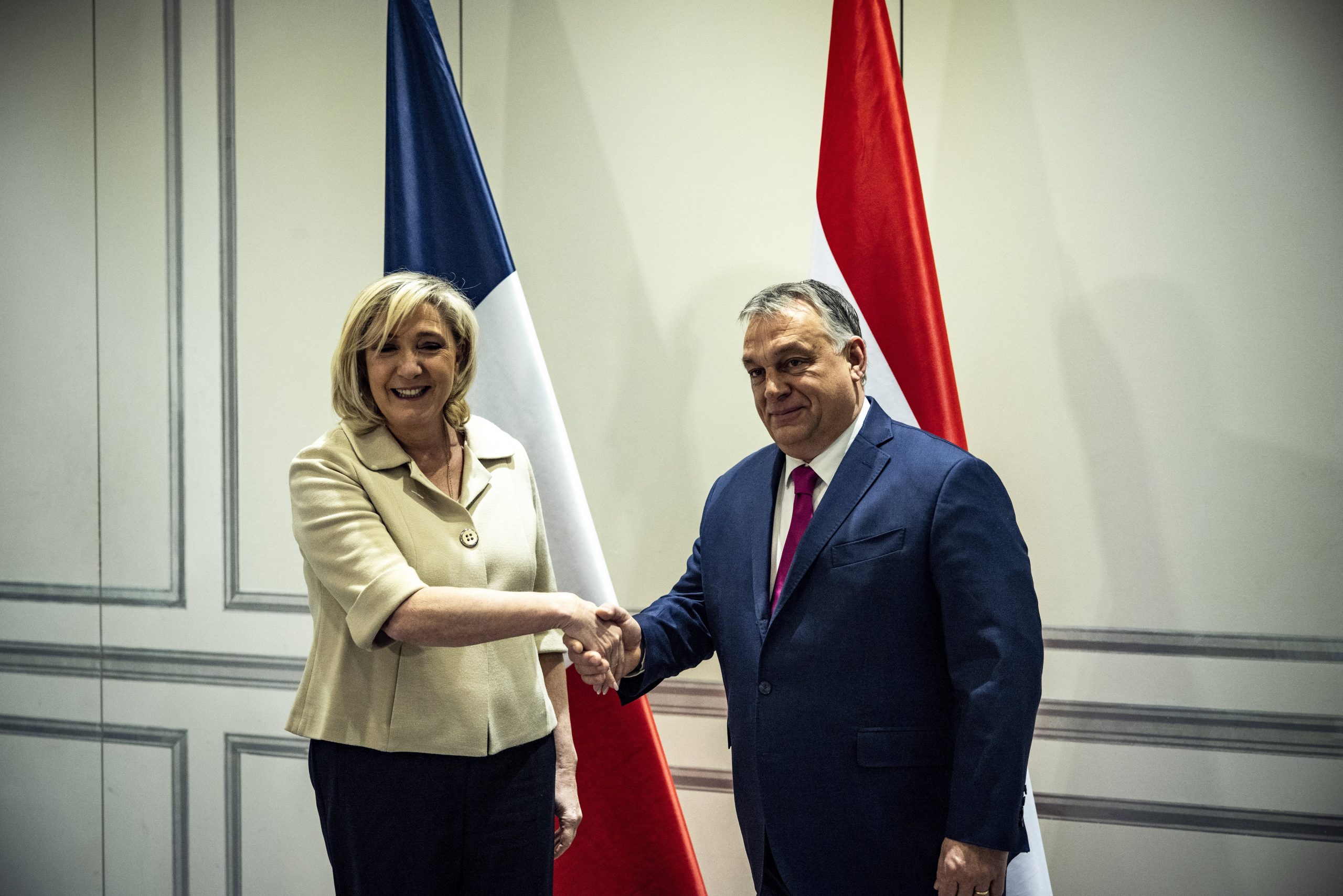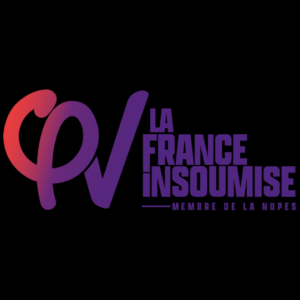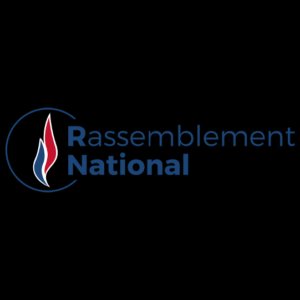The French Communist Party (PCF) was founded in 1920 and is one of few far left parties in Western Europe that managed to become the dominant left-wing party in its country, often outperforming the Socialist Party (PS) at elections and controlling the largest trade-union organisation, the CGT, as well as the highly influential newspaper L’Humanité. The PCF, like many other communist parties loyal to the Soviet Union, won legitimacy during the war and enjoyed great electoral success in the first post-war elections. The PCF was even part of the first, short-lived, post-occupation French governments under the so-called “tripartism system” (together with the PS and the Christian Democrats). From 1947, however, the party was excluded from government cooperation and came to be isolated for a long period, as a result of its close connections with the Soviet Union.
Among the voters, however, the PCF remained the most popular left-wing party in all elections until 1978. In the 1956 election, the PCF became the largest party in the country, the first time this had happened in Western Europe. Support slowly weakened the following decades. PCF stubbornly rejected the Eurocommunist turn of its sister party in Italy, on the contrary opting for a hardened, more pro-Soviet approach in the late 1970s, in combination with anti-immigration rhetoric. When the PCF returned to government, as a minor coalition partner to the PS after Mitterand’s victory in the 1981 presidential election, it was weaker than before, holding only four ministerial posts (later reduced to three). The inclusion of the PCF in government led to criticism from France’s Western allies, which the government dealt with by adopting a more frosty relationship to Moscow.
In 1994 Robert Hue succeeded long-time party leader George Marchais, and initiated a reform of the party’s centralised structure and marxist-leninist dogmas. PCF participated again in government between 1997-2002. Diminishing support in the 2000s led PCF to join an electoral coalition in 2012 and then again in 2022, this time as part of the broad green-left coalition that includes both the PS and the Green party.
Jean-Luc Mélenchon had a long career within the Socialist Party behind him when he left in 2008 to form the Left Party (PG), ahead of the upcoming European Elections. The PG then formed the Left Front (FG) together with, among others, the PCF. For the 2012 presidential election, Mélenchon became the candidate for a broad radical left movement. In 2016, France Unbowed (FI) originated as an electoral platform with Mélenchon as its leader, again selected as the leading leftist candidate in the presidential election in 2017, this time reaching around 20 percent. He repeated that achievement in 2022. For the 2022 parliamentary elections, FI joined PS, PCF and several other parties in yet another coalition called the NUPES (New ecological and social people’s union).
FI is rooted in far left-ideas, with a clear populist approach, somewhat similar to Podemos in Spain and Syriza in Greece. Besides being radically leftist on economic issues, it mostly takes moderate positions on social issues. It is softly eurosceptic, in favour of renegotiating the European treaties. FI also wants France to leave Nato. Mélenchon defended Russia’s occupation of Crimea in 2014 and voted against sanctions against Russia, even though he criticised Putin after the 2022 invasion of Ukraine. As late as 2019, Mélenchon expressed admiration for the Venezuelan regime.



